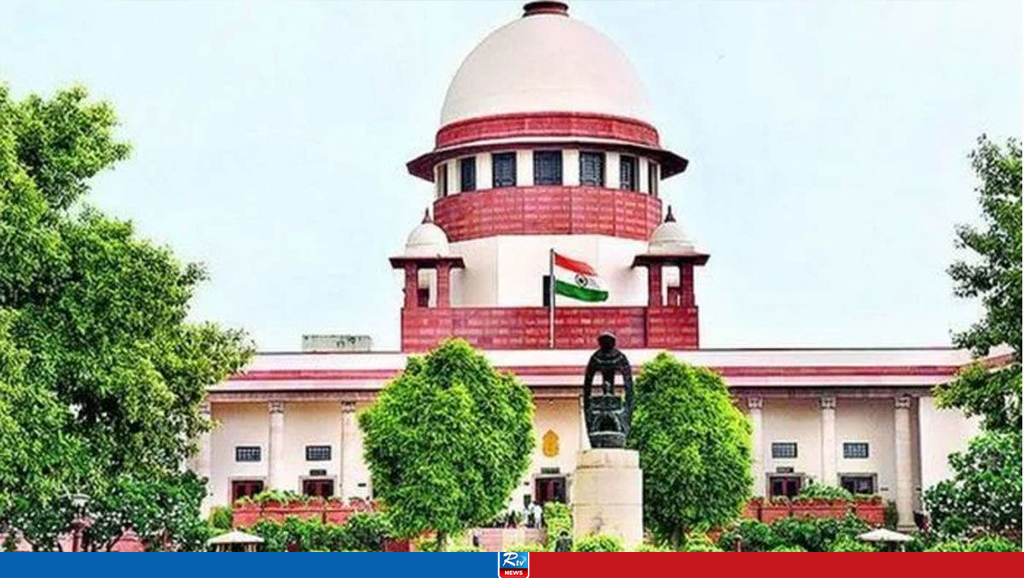India's Supreme Court:
No Citizenship for Bangladeshis in Assam After 1971

The Supreme Court of India has upheld the constitutional validity of Section 6A of the Citizenship Act, 1955. A five-judge Constitution Bench, headed by Chief Justice D.Y. Chandrachud, delivered the judgment on Thursday. However, the verdict was not unanimous. While Justices Surya Kant, M.M. Sundresh, and Manoj Misra concurred with Chief Justice Chandrachud, Justice J.B. Pardiwala dissented, calling Section 6A “unconstitutional.”
According to Anandabazar, a total of 17 petitions had been filed, challenging the legality of this section, which concerns illegal immigration into Assam. These petitions were consolidated, and the Constitution Bench began hearing the case in December last year. On Thursday, the court ruled, stating, “This provision is a political solution to the problem of illegal immigration, in accordance with the Assam Accord.”
The petitioners argued that Section 6A of the Citizenship Act violates Article 14 of the Indian Constitution, which guarantees the right to equality. They contended that under this section, individuals identified as “illegal immigrants” in Assam must prove their citizenship, which contradicts the equal rights granted to all individuals—citizen or non-citizen—residing in India. However, the Supreme Court clarified that this case was not about granting asylum but focused solely on the constitutional validity of citizenship provisions.
Context of Section 6A
Section 6A was introduced exclusively for Assam as part of the Assam Accord, signed in 1985, following a bloody anti-immigration movement. Under this section, those who entered Assam between January 1, 1966, and March 25, 1971 from Bangladesh were granted citizenship. However, people who crossed the border after this date would not be eligible for Indian citizenship.
The central government argued that since East Pakistan became independent Bangladesh, Prime Minister Sheikh Mujibur Rahman declared in 1972 that all those who left Bangladesh after 1971 could return. Therefore, March 25, 1971, was chosen as the cut-off date, just a day before Bangladesh’s independence on March 26.
The petitioners, however, claimed that the Assam Accord lacked legal authority under Article 253 of the Indian Constitution, which governs the implementation of international agreements. Therefore, they questioned the accord’s validity. The Supreme Court, siding with the central government, upheld the March 25, 1971 cut-off date as constitutionally valid.
Comments
BSF Reports: / Muslims, Not Hindus, Flocked to India from Bangladesh After August

Pakistani Girls from Dawoodi Bohra community Continue to Grapple with Secretive Practice of FGM: Report

Pakistan Hikes Petrol, Diesel Prices Amid Public Outcry over Inflation

13 Soldiers Killed in Armed Attacks, BLA and BLF Claim Responsibility

Gold Prices Surge to Two-Week High, Reasons Revealed

Thousands Evacuate over Volcanic Eruption Fears in Ethiopia

Gifted Flat Sparks Controversy: / Tulip Siddiq Under Scrutiny Over London Property


 Live Tv
Live Tv

